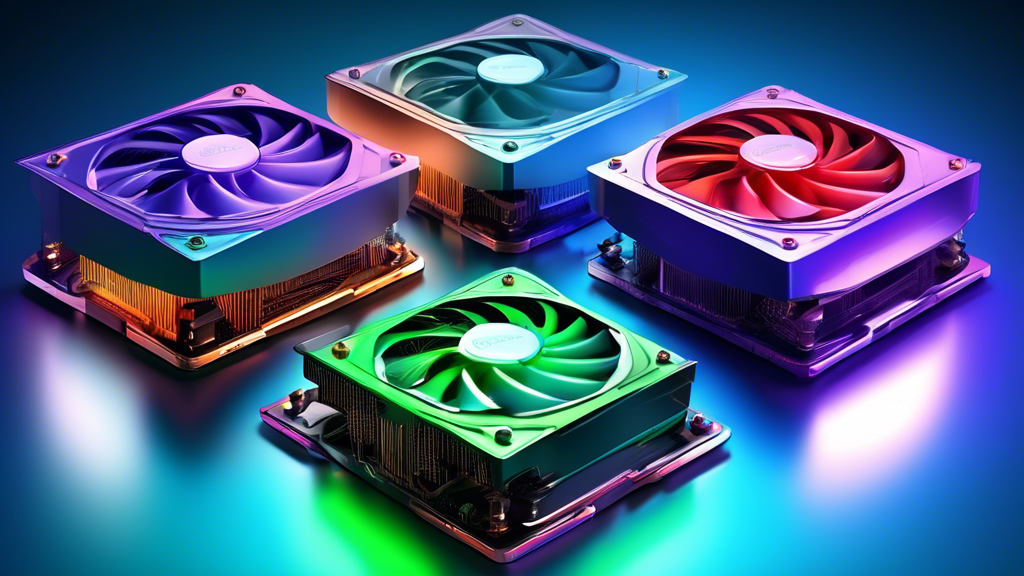| Key Takeaways |
|---|
| - When choosing a CPU cooler, consider the size of your computer case, the TDP of your CPU, and whether you prefer air or liquid cooling. |
| - Air coolers are budget-friendly and easier to install but may be less effective in tight spaces. Liquid coolers offer better cooling in compact cases but are more expensive and complex to install. |
| - Check the compatibility of the cooler with your CPU socket and ensure it doesn’t obstruct other components inside your case. |
| - Noise level is an important factor for some users; liquid coolers tend to be quieter than air coolers. |
| - Consider the aesthetic aspects of the cooler if you have a windowed case or care about the internal look of your PC. |
Choosing the Best CPU Coolers for Your Computer
When building or upgrading a computer, one of the essential components to consider is the CPU cooler. It plays a vital role in keeping the temperature of your CPU within a safe operating range, ensuring it performs well and has a long lifespan. As such, we’ve gathered some important points to help you choose the best CPU cooler for your needs.
Understanding Your Needs
Firstly, it's crucial to assess your needs. The amount of cooling your system requires depends on several factors like the type of processor you have, whether you'll be overclocking, and the airflow within your case. If you have a high Thermal Design Power (TDP) CPU or plan to push your CPU beyond its standard limits, you’ll need a cooler capable of handling that extra heat.
Air Coolers vs. Liquid Coolers
One of the first choices you’ll encounter is between air and liquid cooling. Air coolers work by pushing air through heatsinks to expel heat away from the CPU. They're generally less expensive and easier to install than liquid coolers. However, in smaller cases, their large size might be a problem, and they might not cool as efficiently as liquid coolers in tighter spaces.
Liquid coolers, on the other hand, use a closed loop of fluid to transfer heat from the CPU to a radiator, which then dissipates the heat. They can offer superior cooling, especially in compact cases, but tend to be pricier and more complex to install. If you're not comfortable installing one yourself, you might need to consider the added cost of getting professional help.
Size and Compatibility
Not all coolers will fit in every case or on every motherboard. Before purchasing a cooler, check its dimensions and compare them to the available space inside your case. Additionally, verify that the cooler is compatible with your CPU socket type. It's also wise to ensure the cooler doesn't block access to RAM slots or other crucial components on your motherboard.
Noise Level
The noise level is another important consideration. Some users may be sensitive to noise and prefer a quieter cooling solution. Generally, liquid coolers are quieter than air coolers since they rely on larger, slower-moving fans that produce less noise. However, some high-quality air coolers are designed to operate quietly, so don’t rule them out entirely if noise is a concern.
Aesthetics
Lastly, the look of the cooler might be important to you, especially if you have a case with a window. Many coolers come with RGB lighting and sleek designs that can add to the overall aesthetics of your build. While aesthetics won’t affect performance, they can enhance your experience if you value the appearance of your setup.
In conclusion, selecting the right CPU cooler involves assessing your system's specific needs and preferences. Whether you prioritize performance, noise level, aesthetics, or cost, there’s a cooler out there that’s right for you. By considering the factors mentioned above, you can make an informed decision and ensure your CPU runs cool for years to come.
Shop All Products
